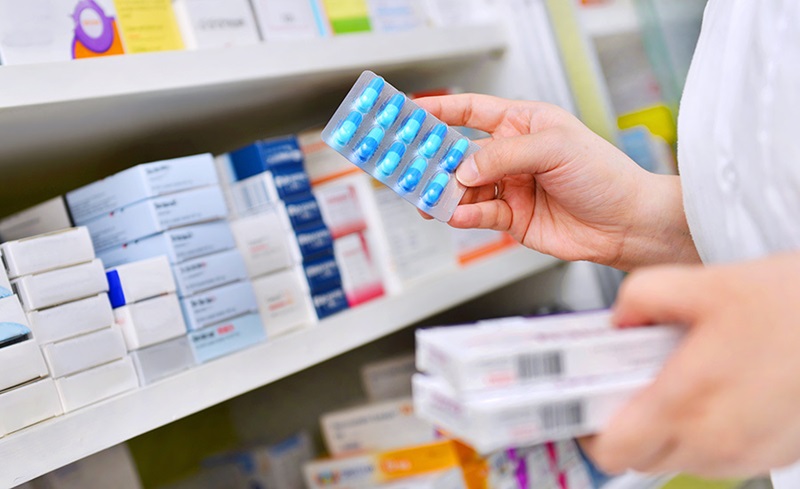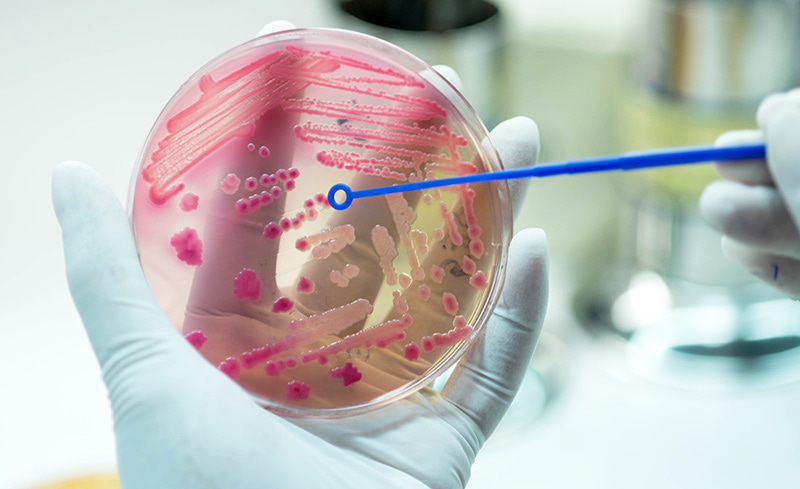Antimicrobial resistance (AMR), now referred to as the silent pandemic, is causing governments, regulatory and health bodies to make a lot of noise.
Issuing a statement in late August 2021, the Global Leaders Group on Antimicrobial Resistance called on countries to ‘significantly reduce the levels of antimicrobial drugs used in global food systems’. The Global Leaders Group on Antimicrobial Resistance includes heads of state, government ministers and leaders from the private sector and civil society. It was established during 2020 to accelerate global political momentum, leadership and action AMR.
Co-chaired by Mia Amor Mottley, Prime Minister of Barbados and Sheikh Hasina, Prime Minister of Bangladesh, the Group is calling for all countries to take action to tackle the issue. Steps include: Ending the use of antimicrobial drugs that are of critical importance to human medicine to promote growth in animals, eliminating or significantly reducing over-the-counter-sales of antimicrobial drugs that are important for medical of veterinary purposes, and reducing the overall need for antimicrobial drugs by improving infection prevention and control, hygiene, bio security and vaccination programmes in agriculture and aquaculture.
Leaders are calling for the reduction in the use of antimicrobial drugs.
Speaking at the second meeting of the Global Leaders Group on Antimicrobial Resistance, Inger Andersen, Under-Secretary-General of the United Nations and Executive Director the United Nations Environment Programme said: ‘Already 700 000 people die each year of resistant infections. There are also serious financial consequences: in the EU alone, AMR costs an estimated €1.5 billion per year in health care and productivity costs…’ But Andersen added that now was an opportune moment to make change. ‘With concern over zoonotic diseases at an all-time high, governments can take advantage of the synergies available from tackling emerging disease threats concurrently. The Global Leaders Group has strategic access to forums to promote AMR integration in post-covid-19 plans and financing…It’s time to for us to act on the science and respond rapidly to AMR,’ Andersen said.
The Communiqué from the G7 Health Ministers’ Meeting held in Oxford, UK during June also gave significant space the AMR issue and the link with the pandemic. ‘We reiterate the need for ongoing education and reinforced stewardship of the use of antimicrobials, including avoiding their use where there is no science-based evidence of effectiveness. The pandemic has also highlighted the importance of infection prevention and control measures to tackle AMR, targeting both health-care associated and community-associated infections.’ Adding a sense of urgency the Communiqué continued: ‘We must act strongly and across disciplines if we are to curb the silent pandemic of antimicrobial resistance.’
A letter from the BactiVac Bacterial Vaccinology Network reminded the G7 Health Ministers that the 2016 O’Neill Report estimated that by 2050, 10 million lives each year and a cumulative US$100 trillion of economic output will be at risk due to increasing AMR unless proactive solution are developed now. In its letter to the G7, the Network issued this warning. ‘The headlines on AMR may have less immediate impact, but the news is no less stark. Over the long-term, AMR bacteria will cause more prolonged suffering than covid-19, with a more insidious impact on all our lives.’ Signatories to the letter included Professor Calman MacLennan, Senior Clinical Fellow and Group Leader, Jenner Institute, University of Oxford, Professor of Vaccine Immunology, University of Birmingham.
Researchers are collaborating to understand how AMR is impacted by a range of factors
The G7 also stressed the need for collaborative efforts for a better understanding of how AMR is impacted by a range of factors. Taking up this challenge; several initiatives has been put in place to study this. Most recently the United Nations Environment Programme and the Indian Council of Medical Research have launched a project looking at ‘Priorities for the Environmental Dimension of Antimicrobial Resistance in India.’ The project aims to strengthen the environmental aspects of national and state-level AMR strategies and action plans. In a similar development the European Food Safety Agency published an assessment of the role played by food production and its environment in the emergence and spread of antimicrobial resistance. Publishing the findings in the EFSA journal, the report indicated that fertilisers of faecal origin, irrigation and water are the most significant sources of AMR in plant-based food production and aquaculture.
Meanwhile, the first quarter of 2021 saw Ineos donate £100 million to the University of Oxford to establish a new antimicrobials research facility. The Ineos Oxford Institute for Antimicrobial Resistance aims to create collaborative and cross disciplinary links involving the university’s department of chemistry and department of zoology. The Institute also intends to partner with other global leaders in the field of AMR.
Partnering with India, the UK has committed £4 million to the AMR fight. With a total investment of £8 million, the partners have established five joint research projects which aim to develop a better understanding of how waste from antimicrobial manufacturing could be inadvertently fuelling AMR.













